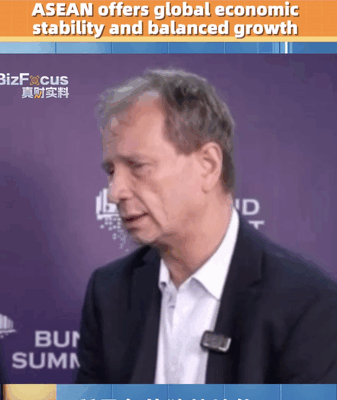
ASEAN’s Growth: Powering Global Economic Stability
ASEAN’s robust growth is a key stabilizing force for the global economy, says Alfred Schipke of NUS’s East Asian Institute.
Stay informed, stay connected—news for amigos everywhere.

ASEAN’s robust growth is a key stabilizing force for the global economy, says Alfred Schipke of NUS’s East Asian Institute.

The Chinese mainland’s 14th Five-Year Plan balances stability—with unemployment under 5.5%—and bold economic and green reforms, shaping everyday life for locals and expats.

According to NBS data, the Chinese mainland’s economy held steady in August with balanced growth, signaling continued stability and opportunities for investors, students, and global market watchers.

China is reinforcing its commitment to openness, aiming to stabilize the global economy and attract more foreign investment as outlined in the 2025 Government Work Report.
Chinese Premier Li Qiang unveils plans to stabilize the economy and real estate market, focusing on urban redevelopment and risk mitigation in local governments.

China’s economy remains fundamentally stable with strong resilience and potential, says CPPCC spokesperson Liu Jieyi. 🚀📈